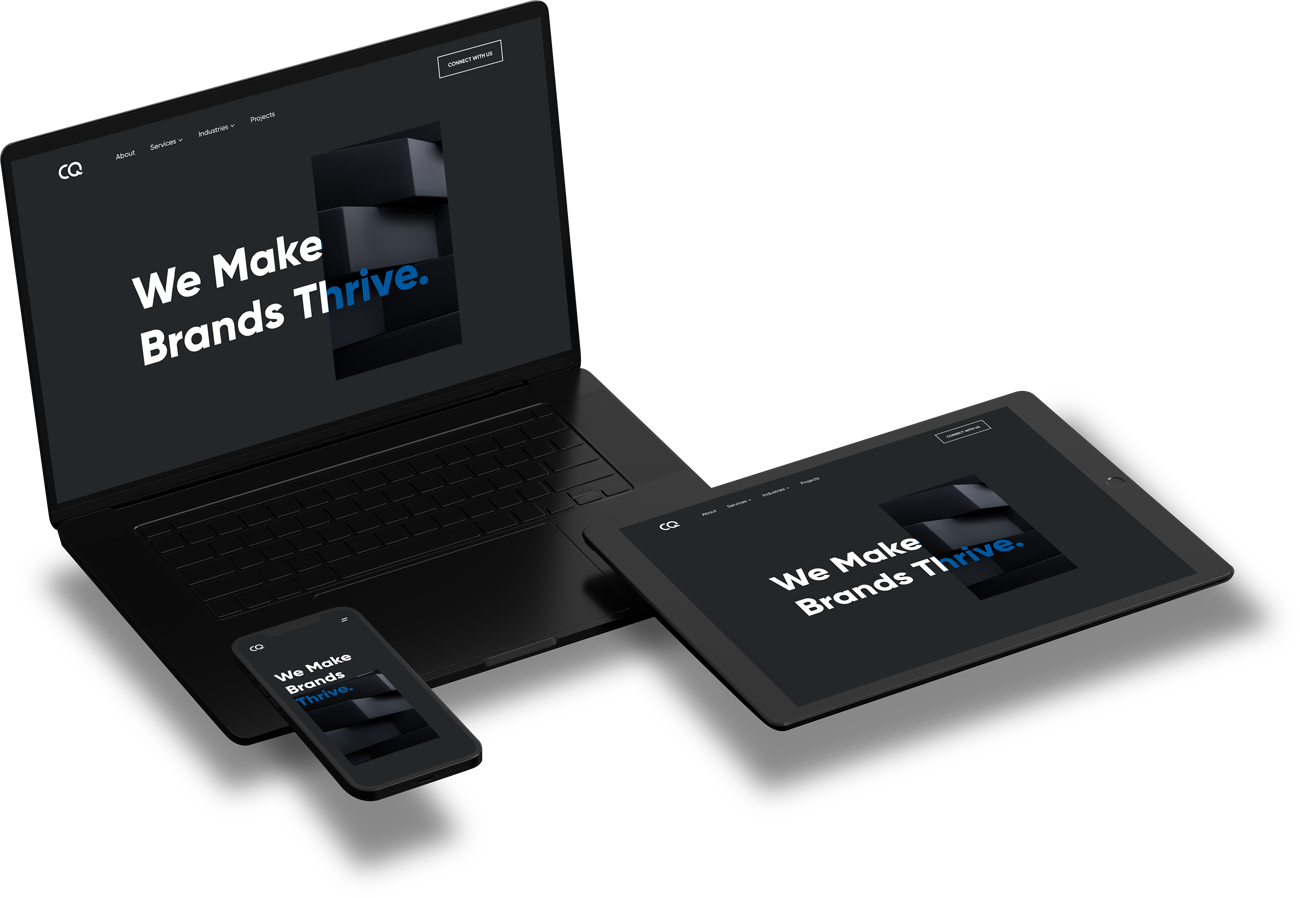 January 12, 2023
January 12, 2023

Three industrial revolutions occurred since 1800. Each used a disruptive new technology as : the steam engine, the assembly line, and the computer. The invention that propelled them transformed how commodities were produced and labor was done, they were termed industrial “revolutions.” Industry 4.0 technologies automate, monitor, and analyze supply networks using smart technologies. It uses IoT and cyber-physical systems to monitor and operate physical items like equipment, robotics, and vehicles.
These technologies smarten your whole supply chain, from production to storage to logistics. Industry 4.0 goes beyond supply chains. Interconnecting with back-end systems like ERP gives firms unparalleled insight and control. They are key to every company’s digital transformation.
The foundation of Industry 4.0 is comprised of nine distinct technological pillars. These technological advancements bridge the gap between the digital and physical worlds, hence enabling the creation of intelligent and self-sufficient systems. Some of these cutting-edge technologies are currently being used by companies and supply chains; however, the true power of what is Industry 4.0 will not be unlocked until all of them are put to use together. CraftedQ is an Industry 4.0 consulting company focuses on helping organizations improve their technological background.
In the last essay, we learned about Industry 4.0’s core ideas and technology. Industry 4.0 is a continuation of the three previous industrial revolutions.
Industry 4.0 technologies consulting companies like CraftedQ in the USA are smart factories that provide quicker, higher-quality output. This improves resource allocation. Advanced automated monitoring and decision-making reduce manufacturing line downtime. It enhances OEE. Industry 4.0 technologies might boost revenues by 20% for 1 in 6 enterprises.
Industry 4.0 technologies optimize with automation, production machinery may self-optimize, resulting in zero downtime. Having the correct resources at the right time and place improves equipment maintenance. Consistent output is preferable to downtime or an overhaul.
Customization technologies need every domain to be integrated, therefore intelligent factories and the IoT must be in a loop. It gives company owners and manufacturers market trends, removing the middleman. End-to-end continuous connections enable seamless production scalability based on market demand.
Production line efficiency encompasses all aspects. Efficiency involves less downtime, quicker production, better finish, faster changeovers, automatic tracing, and automated report creation. Higher efficiency ensures improved turnover and consumer market customization.
We’re familiar with conventional factories. They operate in close-knit groupings, reducing knowledge-sharing. Industry 4.0 technologies and smart factories are different. The cyber-physical system connects and updates every manufacturing line, from the factory floor to sales & distribution. It transcends geography, time zone, and platform. If a smart sensor gathers new information and wishes to update the system, an automatic procedure will do it without human interaction.
Industry 4.0 technologies make it easier to scale manufacturing to meet needs. Thus, one may offer new items, raise or reduce production, and develop new prospects.
Industry compliance is a must for every organization, especially those selling consumables like medications and food, therefore automating the complaint process is preferable to a manual one. Quality Customer Service like CraftedQ may also enhance customer service. An automated supply chain highlights items and their availability without requiring human labor to do so.
Automated report generation helps the company owner review his resources and business strategy. Automated tracking and tracing assist trace goods journeys. The best is IoT. Business owners may design AI chatbots to handle client complaints & inquiries. These automated procedures create data and information that may be evaluated and modified for production and process improvement.
Building a smart factory using Industry 4.0 innovation is no easy task. A smart factory takes time, just like Rome. It also has high upfront fees. When done well, such investments provide healthy returns. Since adopting Industry 4.0 entails system integration, automation, big data management, intelligent surveillance, and AI.
Industry 4.0 technologies allow for innovation. Whether it’s a manufacturing production line, supply chain, or business area, 4.0 technicians may boost product quality or bring up a new product.
A company owner wants to maximize revenues while minimizing expenses. Industry 4.0 enables these gains. The decreased staffing solutions cut personnel expenses. Automation never gets weary, seldom makes mistakes, and can work 24/7, which is a major advantage over humans. All this raises’ sales and profits.
These technologies were created to outcompete competitors, improve manufacturing lines, and boost profits. All the aforementioned lead to strong ROI. There are hurdles to Industry 4.0 technologies. Industry 4.0 involves preparation, strategy, and investment, thus a quick change will fail. Although hurdles exist the good news is that the positives outweigh the negatives. This period is witnessing the fourth industrial revolution; thus, we’ll see more digital advances and breakthroughs. So far, Industry 4.0 consulting company like CraftedQ has given manufacturers and company owners optimism to manage the smooth functioning of their company.
